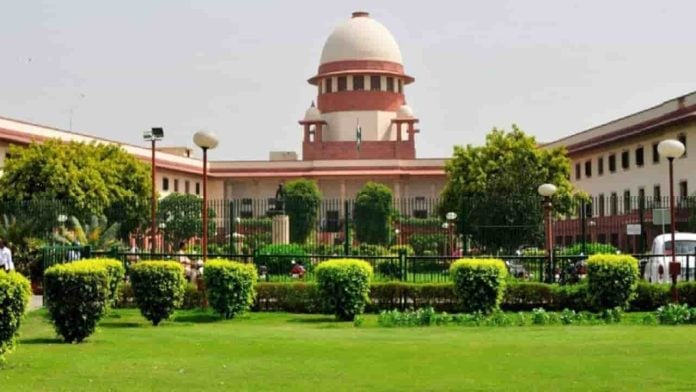The Supreme Court has stayed the Orissa High Court order that granted minor custody of a child to her father, after observing that the High Court of Orissa had failed to ascertain the welfare of the child.
Issuing notice to the government of Orissa, the Vacation Bench of Justice B.V. Nagarathna and Justice Manoj Misra noted that the welfare of a child was of paramount importance in legislations including Muslim law for adjudicating cases related to child custody.
The Apex Court issued notice on the petition and said that the case has to be seen from the perspective of the child’s best interest. It observed that the High Court’s order would lead to displacement of the child from her familiar environment.
The order was passed on a petition filed by one Shazia Aman Khan (appellant), challenging the High Court order that granted custody of a 12-year-old minor girl to her biological father.
The appellant stated that legal recourse to gain custody was only initiated when a property dispute arose between the parties. She said the minor girl wanted to live with her.
The Apex Court put an interim stay on the order of the High Court of Orissa, noting that no criminal proceedings alleging kidnapping or other offences were initiated by the parents.
The father had filed a Habeas Corpus writ petition under Article 226 in the High Court, alleging that his minor daughter had been illegally detained by his sister, niece and niece’s husband. He sought directions to the opposite parties to produce the minor in the High Court.
However, the appellant argued that she was the adoptive mother of the child and that the girl grew up with her family in Patna. She contended that the father, who is also her brother, had given the child in adoption to her.
As per the appellant, her brother and his wife had twin daughters and since they had no resources to raise two children, they decided to give one child for adoption. The girl was entrusted with the appellant as per Muslim tradition of ‘kafalah,’ they added.
While rejecting the arguments given by the appellant’s lawyer, the High Court ruled that there was no proof of legal adoption as per the Juvenile Justice Act and the Muslim Personal Law. It further directed the aunt to hand over the girl’s custody to her father.
The High Court invoked the Parens Patriae doctrine, and directed the custody of the girl be given to her father through order dated April 30, 2023 on the ground that proceedings before the Family Court under the Guardian and Wards Act initiated by the appellant were still pending.
Since the father resided in Rourkela and the appellants in Bihar, objections on the ground of territorial jurisdiction were raised.
However, the court refuted the objections on the reason that technicalities cannot be given prime importance in such matters.
It further stated that Article 226(2) empowered the court to decide and issue writs on the cause of action that was either in whole or in part within its territorial limits.
The Parens Patriae, “parent of the nations” doctrine permits the court to intervene and protect the child from negligent and abusive parents or guardians.
The appellant then moved the Supreme Court, contending that since the girl grew up with her adoptive parents in Patna, shifting her would create an emotional turmoil for her.
(Case Title: Shazia Aman Khan and Anr vs State of Orissa and Ors)


